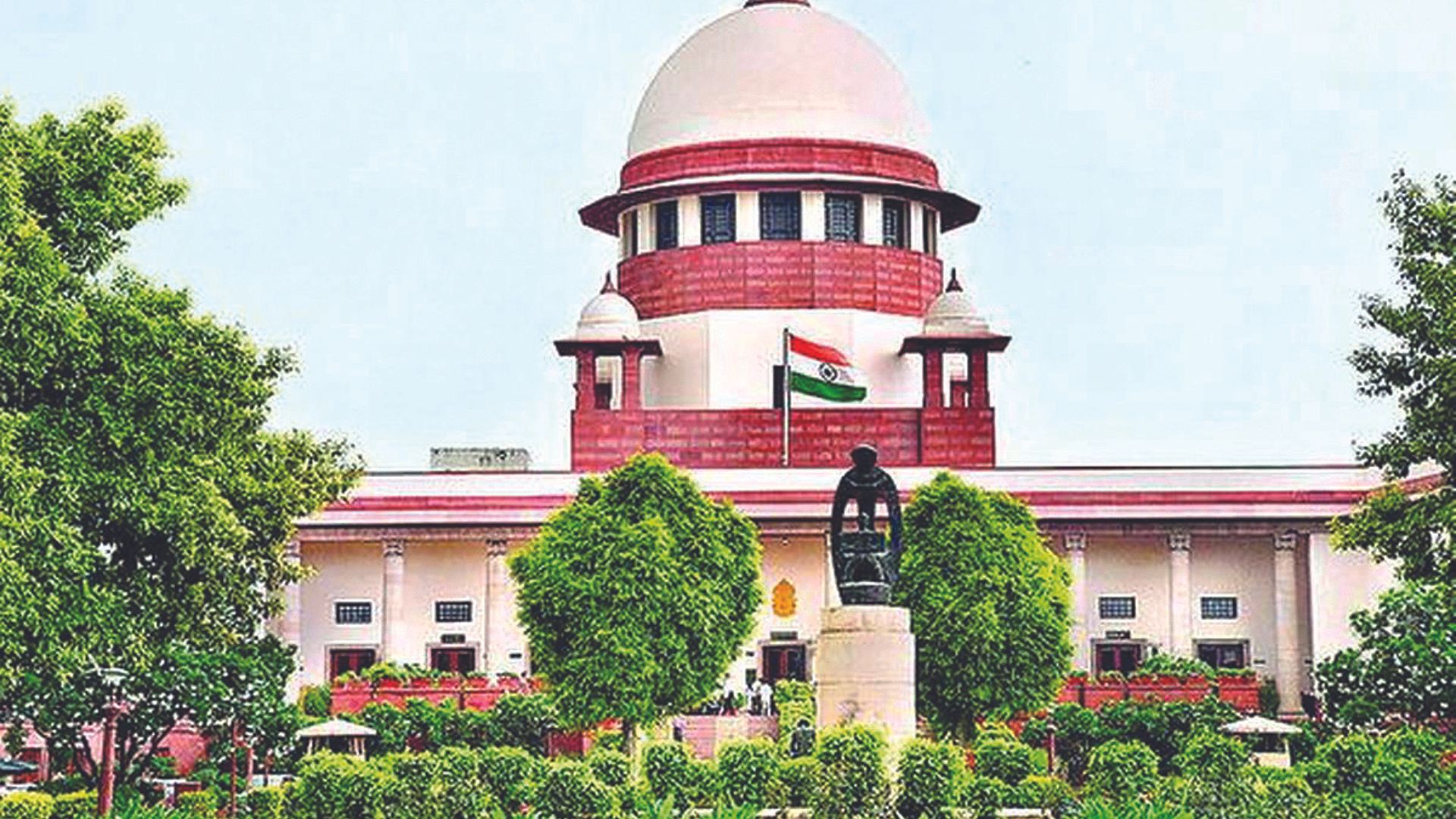The Supreme Court on Wednesday refused to entertain a petition from a 20-year-old unmarried woman seeking termination of her pregnancy, which had exceeded 27 weeks. The foetus in the womb also possesses a fundamental right to life, the bench said.
A bench of Justice B R Gavai along with Justices SVN Bhatti and Sandeep Mehta issued this ruling while hearing the woman’s plea challenging the Delhi High Court’s decision on May 3, which denied her request for termination.
“We cannot issue any directive contradictory to the statute,” the bench informed the woman’s counsel. “The child in the womb also holds a fundamental right to live. What is your response to that?” the bench inquired.
The woman’s counsel pointed out that the Medical Termination of Pregnancy Act primarily addresses the mother. “It is crafted for the mother,” he argued. However, the bench emphasized that the pregnancy had progressed beyond seven months. “How do you address the child’s right to survival?” the bench queried.
The counsel reiterated that until the child is delivered, the rights primarily belong to the mother. “The petitioner is currently experiencing severe trauma. She is unable to leave her residence and is even attending NEET exam classes. She is in a highly distressing situation and cannot face society at this juncture,” he stated.
The lawyer stressed the importance of considering her mental and physical well-being. However, the bench remained firm in its decision. “Sorry,” it responded.
In its May 3 ruling, the high court observed that on April 25, it had instructed the All India Institute of Medical Sciences to establish a medical board to evaluate the condition of both the foetus and the petitioner. “Upon review of the report, it is evident that there are no congenital abnormalities in the foetus, and there is no risk to the mother that would necessitate termination of the pregnancy,” the high court had stated.
“As the foetus is viable and healthy, and there is no threat to the petitioner’s well-being, termination would neither be ethical nor legally permissible,” the high court concluded.
Previously, before the high court, the petitioner had mentioned experiencing discomfort in the abdomen on April 16, prompting her to undergo an ultrasound scan, which revealed she was 27 weeks pregnant—beyond the legally permissible limit of 24 weeks.
Under the MTP Act, termination of a pregnancy exceeding 24 weeks can be permitted in cases of substantial foetal abnormalities diagnosed by a medical board or if there is a good faith opinion to save the pregnant woman’s life.

















